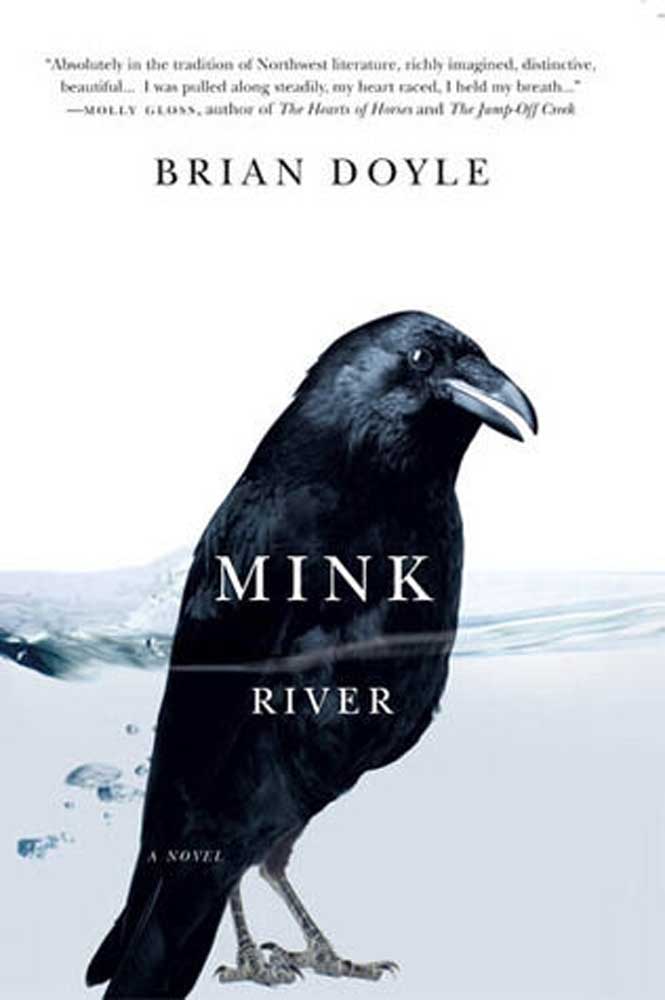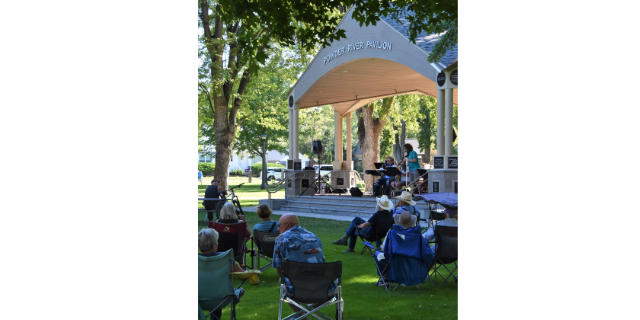Master storyteller takes deep dive into small pool
Published 3:00 am Tuesday, October 31, 2023

- 9250050.jpeg
The great Oregon novel gets written regardless of what topic of the day CNN and Fox TV are flogging till near death or however short America’s average attention span gets.
Brian Doyle is the author for the job.
In “Mink River,” the master storyteller brings a fictional small north coast town to life. As readers, we peer into every nook of the town — and get inside the heads of many oddball characters.
It’s as if we are a drone hovering overhead. We see the sweet nun who adopts a crow and teaches it to talk. We see the artist who madly carves cedar into piles of sawdust. We see the love affairs and romantic near misses, the beer-soaked brawls, the tragedies and triumphs.
We also see a Public Works Department that takes the definition of “public works” to new levels. Not only do they fix sewers but they also repair marriages, manage insect populations and give haircuts.
Amidst it all is a philosophizing, heroic crow.
Doyle conducts this glorious symphony with each person in the fictional village of Neawanaka an instrument in the grand melody.
With Ken Kesey “Sometimes a Great Notion” influence, Doyle shows off his literary toolbox. We find the doctor on his deck, book in hand, looking out to sea. Sentences alternate: reading, looking, reading, looking, reading, looking.
Somehow it works.
Sometimes the device is used for a quick sweep around town. Sentence by sentence, we see what each character is doing at a given time, consumed with his own drama. It’s almost like one of those Seinfeld TV show episodes where the four main characters are gathered at a cafe, each talking about his own life and no one listening.
Playing with words and ideas, Doyle is engaging. With rich and lush language, the author interweaves crime with healing and community celebrations with individual quests to find meaning.
Doyle’s eye for detail is extraordinary. He turns lists into works of art as cedar, elk, ferns, ouzels, blackberries and bears vie for attention.
Doyle’s inventiveness shines. Irish immigrants mix with indigenous Salish. A police officer hooked on Puccini opera sings along as he patrols. A barkeep dreams of botany. A dairy farmer dreams of sea adventures.
Doyle is playful as he coaxes the story along. Strings of adjectives as long as trains come whistling by.
Somehow it works.
The spirited prose delves into the characters’ lives both caring and evil. Longtime friendships develop and new acquaintances are made. Mean people seek to break the cycle of meanness.
People are thrust into jobs not their true calling. Other people fall into dark places mentally and seek to escape their demons.
Most of all we get a sense of place, the pounding surf, the mud, the incessant rain, the rare sunbeam, the smell of cedar and fish — all things that make the north coast of Oregon special. We get inside the heads of characters trying to squeeze a living out of a bountiful yet sometimes stingy land.
The reader comes as a guest and leaves sharing the town’s joys and sorrows.






